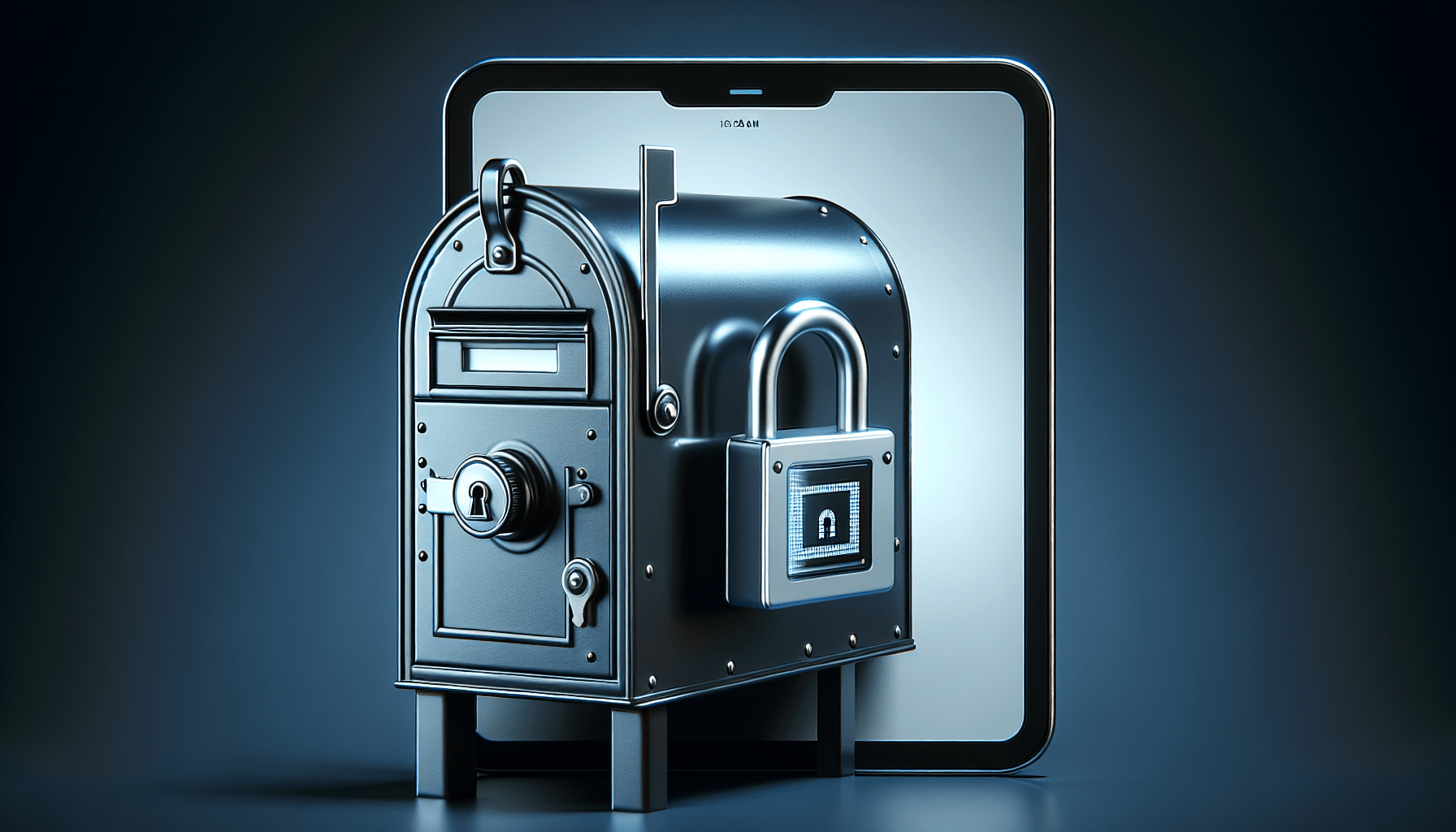The Importance Of Data Privacy In Customer Communications
Have you ever thought about how your personal information is being used in customer communications? In today’s digital age, data privacy is more crucial than ever. Let’s dive into why protecting customer data is essential for businesses.
Why Data Privacy Matters in Customer Communications
Data privacy in customer communications is crucial for ensuring the trust and loyalty of your customers. When customers feel that their personal information is being handled securely, they are more likely to engage with your brand and provide you with valuable feedback.
Risks of Poor Data Privacy Practices
Poor data privacy practices can lead to a breach of customer trust and potential legal consequences for your business. If customer data is misused or ends up in the wrong hands, it can result in financial loss, damaged reputation, and a loss of customers. By prioritizing data privacy in customer communications, you can protect your brand and maintain the trust of your customers.
Example: Equifax Data Breach
For instance, the Equifax data breach in 2017 exposed the personal information of millions of customers. This incident resulted in a significant financial loss for the company, as well as a breach of trust with its customers. Such data breaches can have long-lasting consequences for businesses, making it essential to prioritize data privacy in customer communications.

Building Trust Through Data Privacy
By implementing robust data privacy practices, you can build trust with your customers and demonstrate your commitment to protecting their personal information. When customers feel that their data is secure, they are more likely to engage with your brand and remain loyal over time.
Transparency and Consent
Being transparent with your customers about how their data is being used and obtaining their consent before collecting any personal information are key steps in building trust. By clearly communicating your data privacy practices and giving customers control over their data, you can foster a sense of trust and loyalty.
Data Security Measures
Implementing strong data security measures, such as encryption, access controls, and regular security audits, can further build trust with your customers. By demonstrating that you take data privacy seriously and have measures in place to protect their information, you can instill confidence in your brand.
Compliance with Data Privacy Regulations
Compliance with data privacy regulations, such as the General Data Protection Regulation (GDPR) and the California Consumer Privacy Act (CCPA), is crucial for businesses handling customer data. Failure to comply with these regulations can result in hefty fines and legal consequences, underscoring the importance of prioritizing data privacy in customer communications.
GDPR Compliance
The GDPR, which took effect in 2018, sets stringent requirements for how businesses collect, process, and store personal data of EU citizens. By complying with the GDPR, you can ensure that your data privacy practices are in line with international standards and build trust with customers worldwide.
CCPA Compliance
The CCPA, which came into effect in 2020, gives California consumers more control over their personal information and requires businesses to be transparent about their data practices. By adhering to the CCPA and giving customers control over their data, you can demonstrate your commitment to data privacy and build trust with Californian consumers.

Balancing Personalization and Privacy
While personalization can enhance the customer experience, it is essential to strike a balance between personalization and privacy. By leveraging customer data responsibly and respecting their privacy preferences, you can deliver personalized experiences without compromising their data privacy.
Data Minimization
Practicing data minimization, which involves collecting only the data necessary for a specific purpose, can help strike a balance between personalization and privacy. By limiting the data you collect to what is essential for customer communications, you can personalize experiences while minimizing the risk of data misuse.
Opt-In Consent
Obtaining opt-in consent from customers before collecting their data for personalized communications is another way to respect their privacy preferences. By giving customers control over when and how their data is used, you can enhance trust and transparency in your customer relationships.
Securing Customer Data
Securing customer data is paramount to protecting their privacy and maintaining trust in your brand. By implementing strong security measures and protocols, you can safeguard customer information and prevent unauthorized access or misuse.
Secure Data Storage
Storing customer data securely, whether on-premises or in the cloud, is essential for protecting sensitive information from unauthorized access. By encrypting data, implementing access controls, and regularly monitoring and auditing data storage systems, you can enhance the security of customer data.
Employee Training
Training employees on data privacy best practices and protocols can help prevent data breaches and ensure that customer data is handled securely. By educating your team on the importance of data privacy and the risks of mishandling customer information, you can mitigate potential security threats and safeguard customer data.
Enhancing Data Privacy in Customer Communications
To enhance data privacy in customer communications, businesses can take proactive steps to protect customer data and build trust with their audience. By prioritizing data privacy, complying with regulations, and implementing robust security measures, you can safeguard customer information and maintain strong relationships with your customers.
Data privacy in customer communications plays a crucial role in establishing trust, loyalty, and transparency with your audience. By prioritizing data privacy practices, you can demonstrate your commitment to protecting customer data and foster long-term relationships with your customers.
